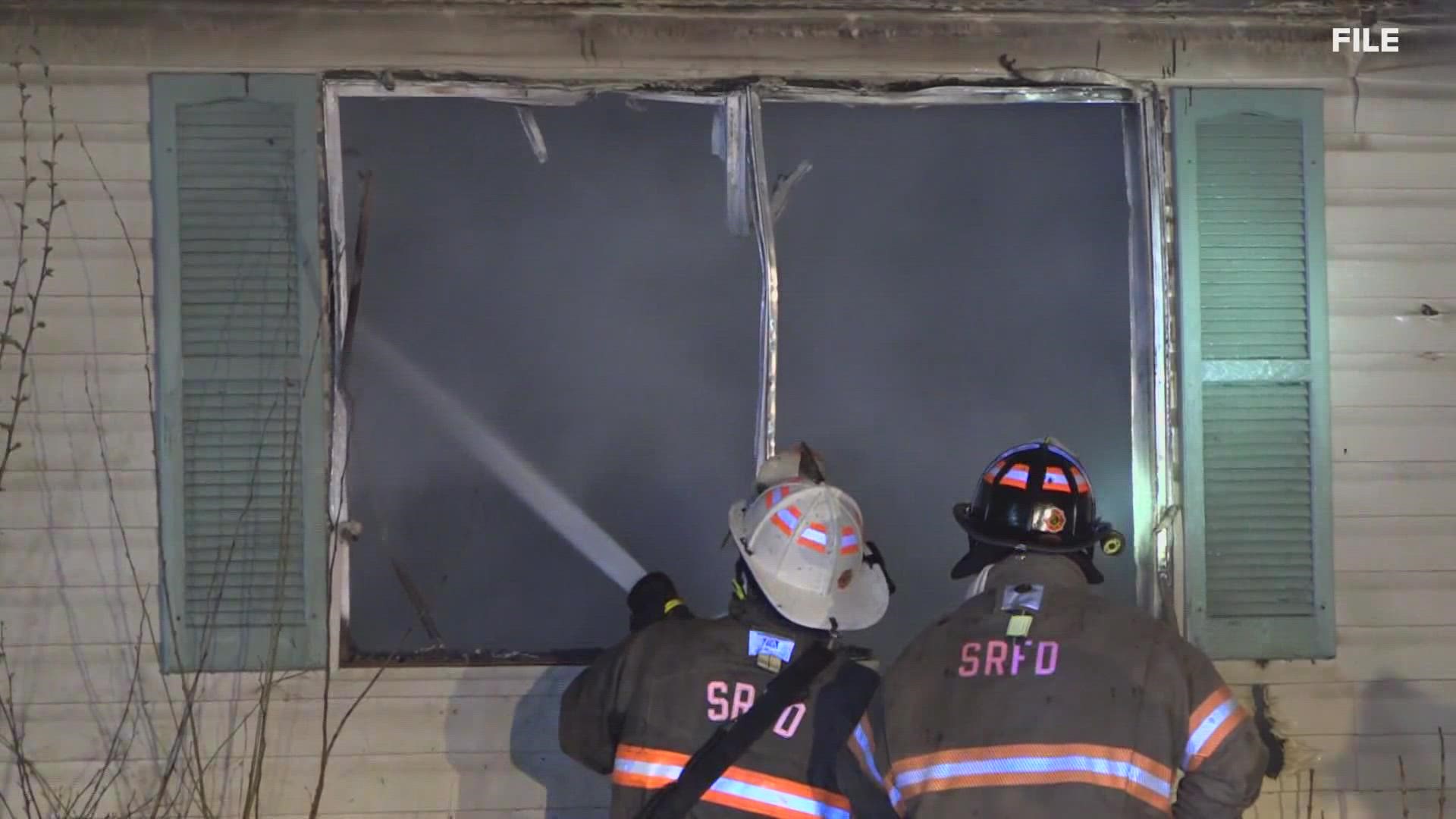5 new laws taking effect in Illinois in 2023
Here’s a look at some of the laws taking effect in Illinois next year.

With the start of the new year comes new laws going into effect in Illinois, including parts of the controversial SAFE-T Act.
More than 180 laws are taking effect Jan. 1. We’re taking a closer look at five of those laws to look out for next year.
For the full list of laws taking effect, visit the Illinois General Assembly website.
SAFE-T Act
Illinois Governor JB Pritzker signed the SAFE-T Act in 2021, which addresses a variety of criminal justice issues. One of the provisions of the SAFE-T Act that is set to go into effect in 2023 is the end of cash bail.
The law allows a judge to evaluate the public safety risk of a defendant charged with a forcible felony that does not qualify for probation. If the felony does qualify for probation, the judge can only detain the defendant based on factors like criminal history, violations of their terms of release or flight risk before trial.
"What's true is cash bail is over, now judges decide if you pose a risk of hurting someone or running away, they'll keep you behind bars, otherwise you'll be free to go home until your court date," St. Louis University law professor Anders Walker told 5 On Your Side in September.
The bill also requires all police departments to be equipped with body cameras by 2025 and increased training for police officers.
Prosecutors have been among the loudest voices criticizing the law, including Madison County State’s Attorney Tom Haine. In September, Haine told 5 On Your Side he believes cash bail “helps prevent quick, successive, repeated crimes.”
“That's why we have cash bail. That's the whole purpose,” he said in an interview with 5 On Your Side Political Editor Mark Maxwell.
In October, Haine filed a lawsuit against the SAFE-T Act, saying it was unconstitutionally vague and eliminating cash bail statewide would lead to significant delays in criminal cases.
To learn more about the SAFE-T Act, click here.
Note: The Illinois Supreme Court put a hold on the end of cash bail days after a Kankakee County judge ruled it unconstitutional. To learn more, click here.
CROWN Act
In June, Pritzker signed the CROWN Act into law. The act stands for “Create a Respectful and Open Workplace for Natural Hair” and it protects people from discrimination due to hairstyles that are “historically associated with specific racial groups.”
“No Illinoisan should face discrimination based off the way they style their hair. Not in schools. Not in the workplace. Not anywhere,” Pritzker said in a press release announcing the law.
In the past, negative perceptions of hairstyles like dreadlocks, twists and braids resulted in “unjust discrimination across industries,” the release stated.
Studies have found that Black women are 1.5 times more likely than men to be sent home from work due to their hairstyle and 80% more likely to change their hair texture or style for work, according to the release.
The American Bar Association has reported children as young as six have faced disciplinary action for their hairstyles.
In 2021, Pritzker signed the Jett Hawkins Act, which banned hairstyle discrimination in Illinois schools. Jett was 4 years old when his school cited him for being out of dress code for having his hair in braids.
Nineteen states across the country have signed the CROWN Act into law. Click here for more information.
Student Confidential Reporting Act
The Student Confidential Reporting Act establishes a program where school officials, state officials and Illinois State Police can receive reports regarding threats of students or school staff.
The program, called Safe2Help Illinois, is meant to offer students a safe, confidential way to share information that might help prevent suicides, bullying, violence and other threats to school safety.
According to its website, the goal of the program is to get students to “seek help before harm.”
The program operates 24/7 and students can access it through its free app, by texting, calling or through the website.
For more information on Safe2Help Illinois, click here.
Workers' Rights Amendment
In November, Illinois voters approved an amendment to their state constitution that guarantees the right for workers to organize and bargain collectively.
The amendment also bans future efforts to implement right-to-work policies.
Prior to the vote, unions and pro-industry groups said the amendment could signal a new chapter in the struggle over workers rights as U.S. union ranks have grown. However, business groups and conservatives opposed the measure, saying it would cause taxes to go up and give unions too much power.
To learn more about the Worker’s Rights Amendment, click here.
Smoke Detector Act
In 2017, a law was passed that required Illinois residents to replace their old smoke alarms with the type that has a long-term, 10-year sealed battery beginning Jan. 1, 2023.
Since 1988, residents were required to have a smoke alarms. In 2017, the Illinois Smoke Detector Act was updated to reflect advances in technology, according to ifsa.org.
On Jan. 1, any new smoke alarm being installed must have a 10-year sealed battery. Smoke alarms in homes prior to Jan. 1 may remain in place until they exceed 10 years from their manufactured date, fail to respond or otherwise malfunction.
Homes built after 1988 that already have hardwired smoke alarms or homes with wireless integrated alarms that use low-power radio frequency communication or Wi-Fi are exempt.


